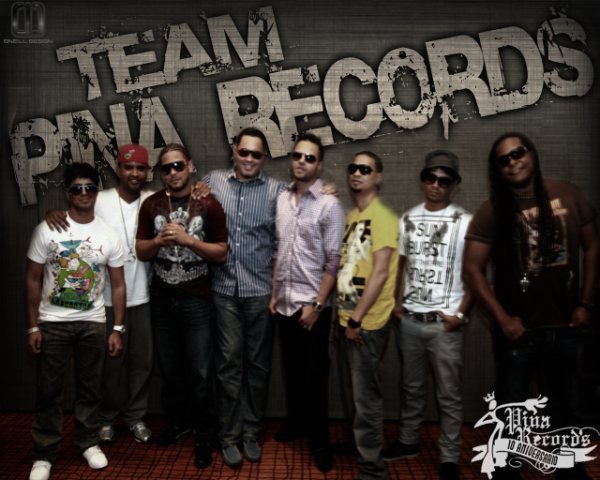

From Kurt Jooss she had learned 'honesty and precision'. Her 1975 choreography for Igor Stravinsky's Le Sacre du printemps was to become a milestone the emotional force and unmediated physicality of the piece became trademarks of her work. In 1974, with Ich bring dich um die Ecke (I'll Do You In), she entered the frivolous world of popular songs, while Komm, tanz mit mir (Come Dance with Me) used old German folk songs and Renate wandert aus (Renate Emigrates) played on the clichés of operetta (both 1977). With the two Gluck operas Iphigenia in Tauris (1974) and Orpheus and Eurydice (1975) she created the first dance operas. The description Tanztheater, or dance theatre, originally used by Rudolf von Laban in the 1920s, is a statement of intent it stands for an emancipation from mere balletic routines and the complete freedom to chose one's means of expression and Pina Bausch now developed several new genres in quick succession. In 1973 the director of the Wuppertal theatres Arno Wüstenhöfer appointed her head of the Wuppertal Ballet, which she soon renamed the Tanztheater Wuppertal. She created her first works in Wuppertal as guest choreographer, performed with members of the Folkwang Tanzstudio: Aktionen für Tänzer (Actions for Dancers) in 1971 and the Tannhäuser Bacchanal in 1972. As the Folkwang Tanzstudio needed new pieces, she began to choreograph independently and created works such as Fragment or Im Wind der Zeit (In the Wind of Time), for which she was awarded first prize at the International Choreographic Workshop of 1969 in Cologne. Pina Bausch danced in works by Jooss, both old and new, as well as assisting him with choreography. He had succeeded in re-invigorating the Folkwang Ballet, subsequently re-named the Folkwang Tanzstudio.

Two years after she had left for New York Kurt Jooss asked her to return to Essen. The foundation of Tanztheater Wuppertal Pina Bausch All music was afforded the same value, as long as it expressed genuine emotions. The distinction between 'serious' and 'popular' music, still firmly upheld in Germany, was of no significance to her. In her later work her affinity to opera and her respect for musical tradition was to play a equal role to, for instance, her love of jazz. Now, however, she was obliged to finance her stay and found employment with Antony Tudor at the Metropolitan Opera. Enthused by the diversity of cultural life in New York, she remained for a further year. She took every opportunity to see performances and absorbed all the various tendencies. As a dancer she worked with Paul Taylor, Paul Sanasardo and Donya Feuer. Pina Bausch's teachers included Antony Tudor, José Limón, dancers from Martha Graham's company, Alfredo Corvino and Margret Craske. The city was seen as a dance Mecca, where classical ballet was being reinvented thanks to George Balanchine and modern dance further developed. In 1958 Pina Bausch was awarded the Folkwang Leistungspreis and, armed with a grant from the Deutschen Akademischen Austauschdienst (German Academic Exchange Service: DAAD) she spent a year as 'Special Student' at the Juilliard School of Music in New York.

Special Student at the Juilliard School in New York The proximity of the other arts taught at the Folkwang School, including opera, music, drama, sculpture, painting, photography, design, was also an important influence on her, reflected later in the form of a wholly open approach to the media in her work as a choreographer.
#Pina records for free#
The young dance student Bausch thus acquired techniques for free creative expression as well as the command of a clear form. In his teaching, however, Jooss sought to reconcile the free spirit of the dance revolutionaries with the fundamental rules of ballet. Jooss was a significant proponent of pre- and post-war German modern dance which had freed itself from the shackles of classical ballet. Having already danced in the Solingen children's ballet, at fourteen Pina Bausch began studying dance with Kurt Jooss at the Folkwang School in Essen. Yet her early experience of the war is also reflected in the pieces, in sudden outbursts of panic, fear of an unnamed danger. The atmosphere of her early childhood seems to find an echo later in her pieces music is heard, people come and go, and talk of their yearning for happiness. She learned to observe people, above all the fundamental things which drive them. Her parents ran a restaurant in Solingen attached to a hotel where, along with her siblings, Pina helped out. She was born in 1940 in Solingen as Philippine Bausch under her nickname Pina she was later to gain international standing from nearby Wuppertal with her dance theatre.


 0 kommentar(er)
0 kommentar(er)
